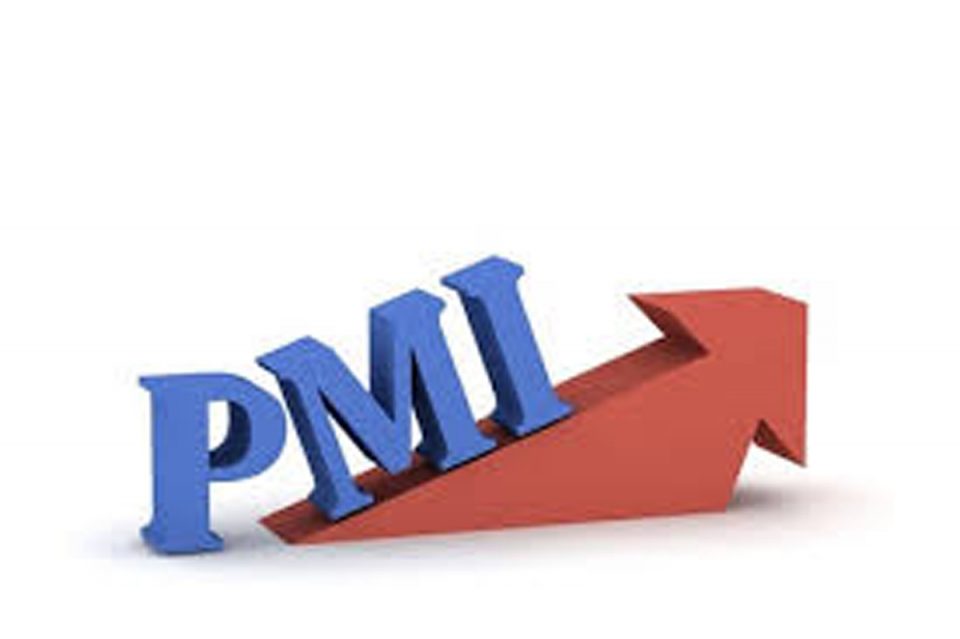The key finding of the Stanbic IBTC Purchasing Manager Index (PMI) report for June 2022 showed that the productivity of the Nigerian private sector experienced its first decline in 19 months by moving down from 53.9 in May to 50.9 in June.
The PMI report also revealed that the growth of new order moderated to its weakest point in two years while overall input price inflation quickened to four-month high.
The report said that Nigerian private sector remained in growth territory at the end of the second quarter, even though recent challenges around cash shortages have led to weaker new order growth and a renewed decline in output.
According to the report, this resulted in business conditions improving at the weakest rate for almost 18 months as companies responded by raising their staffing levels, purchases and stocks of inputs reduced rates in June.
Stanbic IBTC stated that the headline figure derived from the survey is the Purchasing Managers’ Index™. Readings above 50.0 signal an improvement in business conditions on the previous month, while readings below 50.0 show deterioration.
It said: “At 50.9 in June, down from 53.9 in May, the headline PMI signaled a twenty-fourth successive monthly improvement in business conditions in Nigeria’s private sector. That said, the latest result was indicative of the weakest improvement for 17 months
The PMI attributed the moderation to renewed contraction in output, which fell for the first time in 19 months.
The Head of Equity Research West Africa at Stanbic IBTC Bank, Mr. Muyiwa Oni, said that “the Stanbic IBTC PMI signaled an improvement in private sector activity for twenty-fourth consecutive month. However, the headline PMI index printed at 50.9 in June, down from 53.9 in May, with the latest figure at a 17- month low.
“Private sector output fell during the period, halting 18 months of expansion, while elevated costs weighed on consumers’ demand. Indeed, overall input costs reached a four-month high in June.
“Rising input costs will continue to threaten output, in turn adding further pressures on inflation. We now see inflation averaging 18% this year as supply-side challenges, amid domestic structural constraint, persist. Headline inflation has trended upwards for the fourth consecutive month reaching 17.71 per cent year-on-year (y/y) in June from 16.82 per cent y/y in May. Rising




